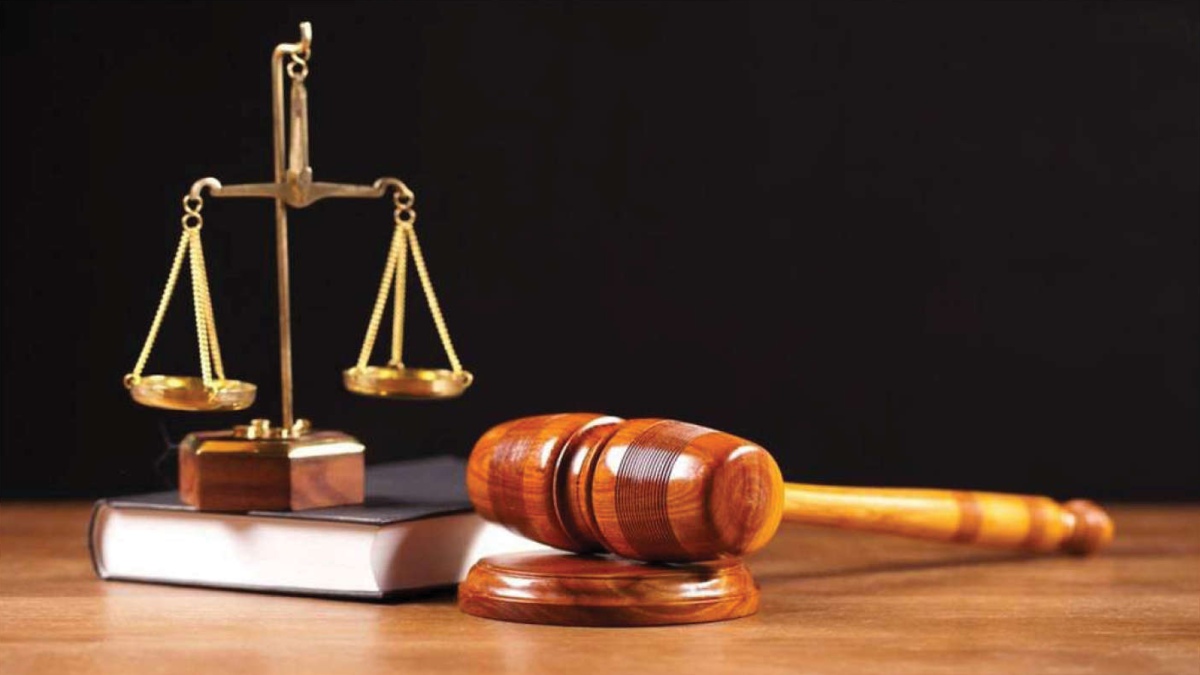


INTRODUCTION
The Centre Government has proposed to amend specific rules regarding the deputation of IAS officers. It is pertinent to note here that Central Government recruits all the IAS officers by a rigorous process that includes CSE as prelims exams, Mains, and then interview. Once an IAS officer is recruited, his cadre, regulation including service conditions, posting transfer, and deputation is dealt with by DOPT. At times some officers are called by Central Government to work under their ministries as Central Government doesn’t have any separate cadre. This proposed amendment is said to increase the central government power in the deputation of IAS officers and ultimately has resulted in a significant tussle between Centre and State Governments. At present, state and Centre governments have equal power in matters regarding the deputation of IAS officers. These rules regarding the cadre were introduced in 1954 and known as The Indian Administrative Service (Cadre) Rules, 1954.
WHY CENTRAL DEPUTATION IS REQUIRED
It is pertinent to note here that all the recruited IAS officers are provided with their respective Cadres, and when the Central Government needs any IAS officer with specific particular, the rule 6(1) of IAS (Cadre) Rules, 1954 gives power to the Centre Government to call any officer in Centre deputation from any State Cadre. The rule states that a cadre officer maybe, with the concurrence of the State Government concerned and the Central Government be deputed for service under the Central Government or any other State Government or under any PSU, Association of the body of Individuals controlled fully or partially by the Central Government or any State Government. These rules were inserted in the year of 1969. For illustration, Central Government may ask any IAS officer working under Uttar Pradesh Cadre in deputation, or the officer may be sent to any other State or PSUs. When there arises any disagreement between Central and State governments, the demand has to be in concurrence only; this is explicitly laid in principle. At present, nearly 458 IAS officers are working on Central Deputation. Central Deputation can’t be more than 40% of total State cadre strength at any point in time.
WHAT ARE THE AMENDMENTS?
The Central Government has proposed four amendments in the Cadre rules and the most controversial proposal is regarding the deputation; the new proposal provides that the State Government shall make available for the deputation to the Central Government, such number of eligible officers of various levels to the extent of the Central Deputation Reserve prescribed under Regulations referred to in rule 4(1). The Central Government shall decide the number of IAS officers to be deputed. The second proposal provides in case of any disagreement between the Central & State Government; the State Government concerned shall affect the Central Government’s decision. The proposed amendment adds the word within the specified time if the proposed amendments come into force. State Government won’t be able to deny any Deputation by Central Government, and the same deputation would have to take place within the specified time. Central deputation reserve (CDR) was nearly 18% in 2011, and same has declined to 18%, which ultimately means State Governments has reduced the Central Deputation in these years.
The other rationale behind deputation is Central Governments need more officers with 14+ years of working experience to appoint them as Joint Directors or Deputy Secretary. In 2014, 19% of mid-level officers worked with Central Government, which reduced to 10% in 2021. In June 2021, DOPT sent various state governments a letter to increase central deputation.
As per 2021 data, Uttar Pradesh has sent only 32 officers to the central deputation. The state has more than 500 officers; West Bengal nominated only 11 out of 280 IAS officers to the central deputation. The stats are similar for every state.
2020 DOPT NEW NORMS
Because of these challenges, DOPT made it mandatory for IAS officers from the 2007 batch onwards to mandatorily serve for two years in Central Deputation within the first 16 years of their service if officers want to be impaneled for a Joint Secretary rank in future. It was intended to increase the Central deputation from the various State Cadres.
Central Government is facing one more challenge of lack of specific domain officers required for any essential time-bound flagship program or project sponsored by the Central Government.
STATES’ REACTIONS TO PROPOSED AMENDMENTS
State governments have responded to the new proposed amendments, out of which 11 State Governments, including Rajasthan, Telangana, West Bengal, Tamilnadu, Kerala, Jharkhand, Odisha, Bihar & Karnataka are opposing these amendments. The central argument put forth by these State Governments is these amendments are destroying federalism which is a cardinal feature of our Constitution. Interestingly few BJP and its allies also Opposed these new proposals.
CONCLUSION
The idea of federalism has been enshrined in the Indian Constitution; IAS officers are part and parcel of our bureaucracy. Central Government is facing an acute shortage of IAS officers in ministries. At the same time, major decisions like deputation should concurrence. DOPT should invite suggestions from the State Governments on working efficiently. At the same time, the State must provide the Officers for the deputation. A specialized Central Cadre with a pool of 200 IAS officers can also solve this shortage. We had seen many cases where IAS Officer’s deputation created a tussle between State and Central Governments, including Archana Sundarama Deputation to CBI in 2014 when her deputation was denied. Further, she was suspended from her services. The State and Central Government must work harmoniously and avoid any such tussle. Then only will we be able to achieve the real self-reliant and powerful New India?